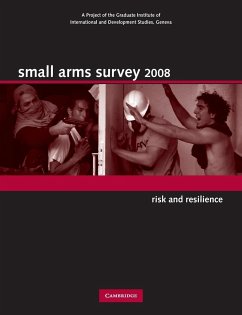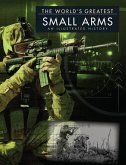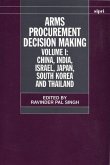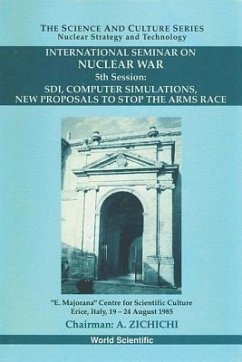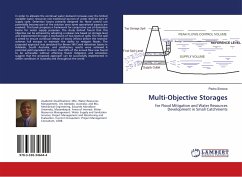The Small Arms Survey 2008 presents two thematic sections. The first examines the problem of diversion in all its aspects: stockpiles, surplus disposal, international transfers, and end-user documentation. It includes a case study on South Africa and a comic strip illustrating the potential ease by which someone with access to forged documentation can make arrangements to ship munitions virtually anywhere. The second thematic section analyses the public health approach to armed violence, scrutinizing risk and resilience factors and considering related interventions. It includes an overview of the burden of armed violence, and two case studies of armed violence in El Salvador and the United States. A chapter on light weapons production rounds out the volume.
Hinweis: Dieser Artikel kann nur an eine deutsche Lieferadresse ausgeliefert werden.
Hinweis: Dieser Artikel kann nur an eine deutsche Lieferadresse ausgeliefert werden.

